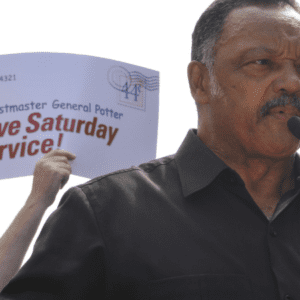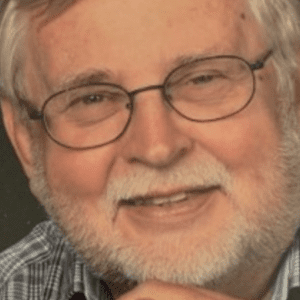November 1, 2016
The Young Worker Activist
‘Why should I get involved?’
(This article first appeared in the November-December 2016 issue of The American Postal Worker magazine.)
Initially, i would like to take this opportunity to thank all of the local, state and national officers, stewards and members who voted for me in our recent election. I look forward to continuing to guide the Eastern Region in the right direction and continuing to be your voice on the National Executive Board.
The AFL-CIO has encouraged unions to get young workers involved as they are obviously the next generation of union leaders. The APWU has adopted this call to action and has been stalwart in embracing the “young worker” movement.
We have encouraged and motivated many young people to get involved, but the question I am asked is, “Why should I get involved?”
I can only tell you my story. I became involved in my local union because I was dissatisfied. I felt the local leadership wasn’t doing enough. While I was friendly with the leadership, I constantly brought up work floor issues that they didn’t address. It appeared they had a cozy relationship with management and didn’t want to rock the boat.
I initially took on a Trustee position just to get involved in discussions on the local Executive Board.
A group of us that were dissatisfied continued to complain and insisted on work floor changes. More members started coming to meetings and a movement began. My local mentor was Joe Iannette, who was very progressive. When he decided to run for local president, he insisted I run with him for director of Industrial Relations. We won!
Before that year was out, we were challenging the employer on everything to set the work floor right. Whether it was with the NLRB, OSHA or the grievance procedure, we were fighting – and the membership loved it!
I studied hard and learned the processes in order to win in each forum. I began advocating our local cases in arbitration because we didn’t agree with many of the decisions the National Business Agents (NBAs) were making. I began winning cases and the Regional Coordinator started assigning me to advocate cases throughout the region.
Joe didn’t run for a second term and insisted I take over as president of a 752-member local – at age 30. The members gladly followed the militant approach, and our local grew from 77 percent organized to 99 percent organized, where it remains today, 27 years later.
Of course, the Postal Service pushed back, but we stood our ground. When management tried to fire me, the workers stood up, a massive protest took place, and the employer backed off.
We were dissatisfied with some of our NBAs and I believed I could do a better job of convincing arbitrators of the righteousness of our cause. And I became one of the youngest National Business Agents in the country at age 35. One of the greatest union representatives in APWU history, Larry Gervais, was my mentor. He was an individual with incredible wherewithal, who I worked with on several important national cases.
The Answer
So, the answer is, it takes hard work, but you can make a difference in the organization and make a better life for your family. You can make a difference in the work environment for your co-workers.
It is extremely satisfying to have a purpose in your work – to make life better for other people. Think about what this union has done for you and your co-workers and what you can do for this union.
My neighbors, a Teamster truck driver and a union boilermaker, are both out of work currently; one is injured and the other is laid off.
When I tell them the highlights of our new contract – that we won wage increases of 3.8 percent, retained cost-of-living adjustments, kept protection against layoffs for career employees – they wish they had those rights and protections.
And while my neighbors can’t appreciate some of our accomplishments, that doesn’t diminish them. They are exceptional: restrictions on new subcontracting of postal driving, the elimination of Postal Support Employees from the Maintenance and Motor Vehicle Service Crafts, the conversion of all PSEs in those crafts along with the thousands of conversions in the Clerk Craft, and the retention of the 50-mile limit on excessing.
After spending my entire adult life involved in the struggle of workers and now sitting on the National Executive Board of the APWU, I have no regrets that I have chosen a union life.
I encourage you to choose a life that has principle, is satisfying, and full of daily challenges and rewards. You will never regret it.
I have to salute my fellow coordinators, Sharyn Stone, Omar Gonzalez, Kennith Beasley and John Dirzius, who also got involved in the union at a young age, stayed the union course, and made a career of union service as well.



